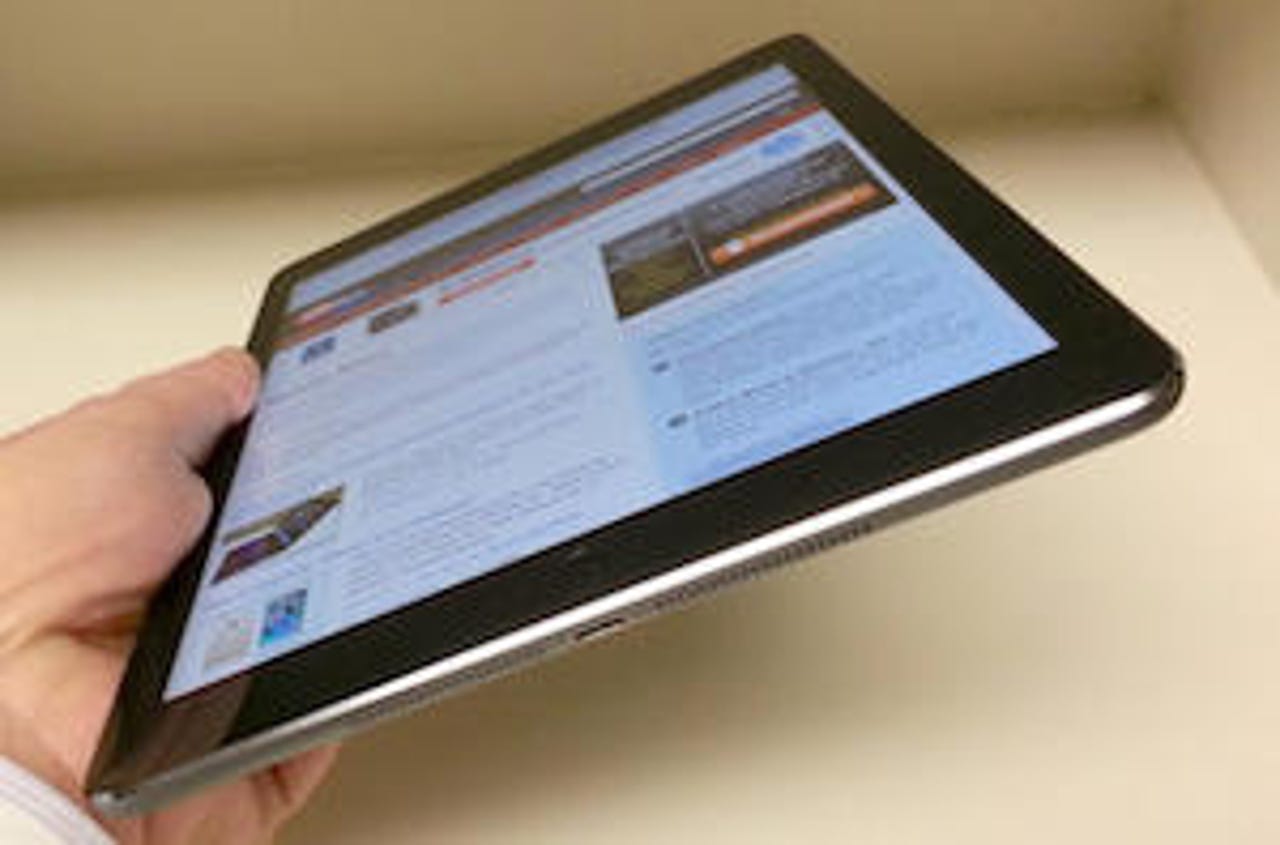Mobile tech: Thinner and lighter is no longer the biggest selling point

In the early days of mobile tech, with everything being big and bulky, making a device that was thinner and lighter than the rest was a big deal. OEMs and mobile enthusiasts were quick to proclaim that gadget X was the "thinnest in the world" or a similar claim. This was a legitimate response, as such devices were pushing the envelope of the genre.
That's no longer the situation, with most smartphones, tablets, and laptops very mobile in nature. Most are extremely thin, very light, and have battery life rated in lots of hours or even days.
That's why prospective customers no longer get excited about the gadget that is a millimeter thinner than the rest of the pack. The pack is already skinny enough to meet most everyone's needs. A little less girth won't improve the user experience, and just about everyone knows that.With the exception of the iPhone, that's why people don't upgrade their devices in droves. Samsung and other major players in the mobile space are seeing that over and over. That new flagship phone or tablet doesn't fly off the shelves as fast as expected.
That's likely because it is just an incremental improvement over the last version, which is already super thin and extremely light. Mobile devices are already highly mobile, and that's good enough for most buyers of the technology.
That's probably why Apple took the iPhone bigger. It couldn't simply make the iPhone any thinner and lighter. The bigger displays gave the company something to push aggressively, even though it makes the iPhones less portable, and the competition is already doing this. The strategy seems to be working, with significant iPhone sales reported.
The previous generation of the iPad is as thin as can be, and this may be affecting sales of the newest model. The latest iPad Air 2 is even thinner, but it's doubtful the average iPad Air owner is rushing out to get the new one just for the size.
In a world of highly portable mobile devices, the worth of a new device that is slightly more mobile is negligible. Buyers aren't out looking for the new gadget that is the thinnest or lightest. They are more often than not looking for the app or update that improves the user experience.
It's now more important how well a mobile device does what users need, and in a good way.
See related:
